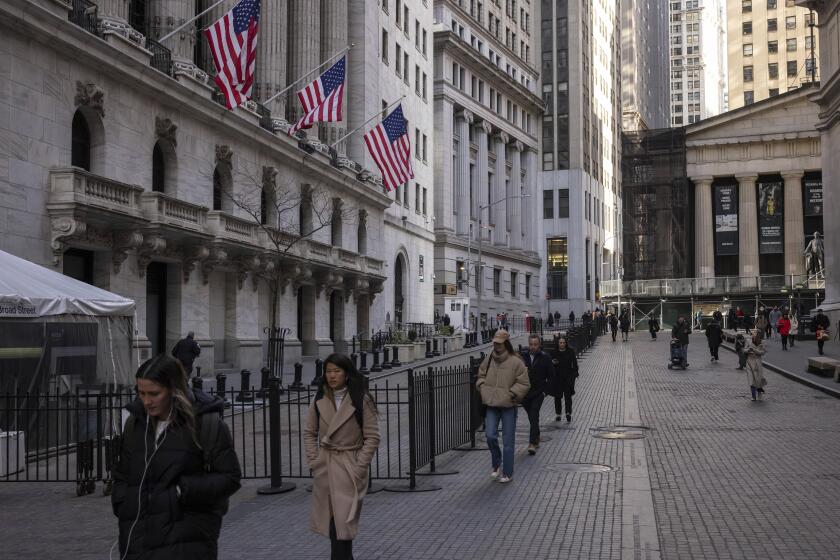His Complaints Are Money to the Bank
The members of the House of Representatives are angry and confused.
They have bounced 19,000 checks adding up to $11 million in the last three years, but many do not understand why the public is so upset with them.
Don’t we realize that the House bank was not a real bank? That taxpayer dollars were not at risk? That House members were just being extended a little courtesy?
No, we do not get it.
And they do not get us.
That’s because we live in the real world and the members of Congress do not.
So, as an educational service, I would like to tell them just a few things about banking in the real world:
A few weeks ago, I had to go to my bank to get a cashier’s check. (A cashier’s check is money taken from your account but signed by the bank.)
I had to get a cashier’s check because another bank that is giving me a mortgage demanded it. And that bank also demanded that the check be made out to its middleman.
OK. Fine. I could handle it. I are a college graduate.
So I go to my bank, which according to its advertising offers “free cashier’s checks,” and fill out the form.
The teller electronically removes the money from my account. He then takes a blank cashier’s check and rolls it into a typewriter.
And I tell him the name I want on the check.
“Just so you know,” he says. “We only make them out for free if the check is to you. If the check is to someone else, there is a fee.”
How much? I ask.
“Fifteen dollars,” he says.
Fifteen dollars? To type in a different name?
“Hey,” he says. “Those are the rules.”
So I pay the $15. And I wait until everybody goes home and the cleaning crew has left the building and I plant the charges and blow up the bank.
No. Not really. Instead, I pay the $15 and go home and grind my teeth all night.
I regularly write about banks because people regularly call me and complain about them. Their main complaint is that when the customer makes an error, he is charged a whopping fee. But when the bank makes an error, it usually does not even bother to apologize.
I first wrote about the House banking scandal last October. It was then most of us learned that members of the House had been writing thousands of overdraft checks. And it was then we learned they had been doing so without any penalty whatsoever.
Have you ever bounced a check? I have. It is very, very unpleasant. The bank sends you a nasty letter and charges you a penalty. The merchant writes you a nastier letter and charges you another penalty.
In general, you are made to feel like John Dillinger.
And this can happen even when you are not guilty: I went to a cafe with a friend last year. We divided up the check. I paid with a credit card and my friend gave me a check for his share.
I deposited his check at my bank. It bounced. His bank charged him a $25 penalty for writing a bad check. And my bank charged me a $3 penalty for receiving a bad check.
Because that is what happens to you if you live in the real world.
But what would have happened to those check-bouncing members of Congress if they lived in the real world? If they banked at real banks?
According to a story in USA Today:
* The members would have been charged about $300,000 in penalty fees.
* The checking accounts of many would have been closed.
* Their names would have gone into a “national database for rubber-check writers.” And many banks would have refused to open new accounts for them.
* Their credit records could have been damaged.
* Some of them might have been arrested.
But none of these things did happen to them.
And that’s because they do not live in the real world.
They live in Congress.
But you know what?
I think some of them might not be living there much longer.






